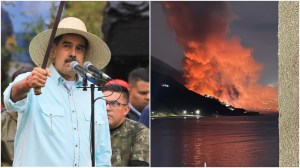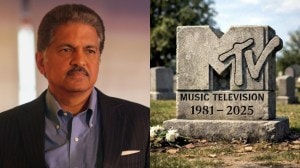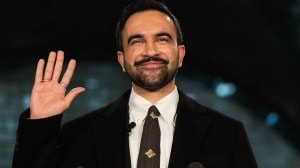Bush, Mush and us
India must anticipate tension on the Durand Line as US steps up pressure on Pakistan

The media leaks in Washington that the Bush administration is threatening to withdraw its economic assistance to Pakistan if Pervez Musharraf does not crack down on the Taliban were obviously timed to coincide with US Vice President Dick Cheney8217;s surprise visit to Islamabad on Monday. As the Taliban prepares to mount a major offensive against Kabul in the next few weeks, and the political stock of the Bush administration tumbles at home, the gloves are coming off in Washington. Since September 11, 2001, President George W. Bush has been the strongest backer of Musharraf. He lavished huge economic and military assistance on him and overlooked the Pakistan army8217;s reluctance to restore full democratic rule.
Despite mounting complaints from Afghan President Hamid Karzai and grumbling from US troop commanders in Kabul that Musharraf was not doing enough, Bush was willing to give the benefit of doubt to the general. The White House now appears to have concluded that the time has come to put the squeeze on him. New Delhi, however, should resist the temptation to conclude that US-Pakistan relations have reached a breaking point. India must recognise that the US still needs Musharraf and the Pakistani army to achieve its objectives in Afghanistan. Yet, Bush cannot afford a debacle in Afghanistan after the one in Iraq that has cost him and the Republican Party so much. It is within this complex framework that Washington is stepping up the pressure on Musharraf to do more against the Al-Qaida and the Taliban.
Whatever might be the results from this new round of pressure tactics, India must brace itself for some very consequential developments on the Durand Line between and within Pakistan and Afghanistan.
- 01
- 02
- 03
- 04
- 05































